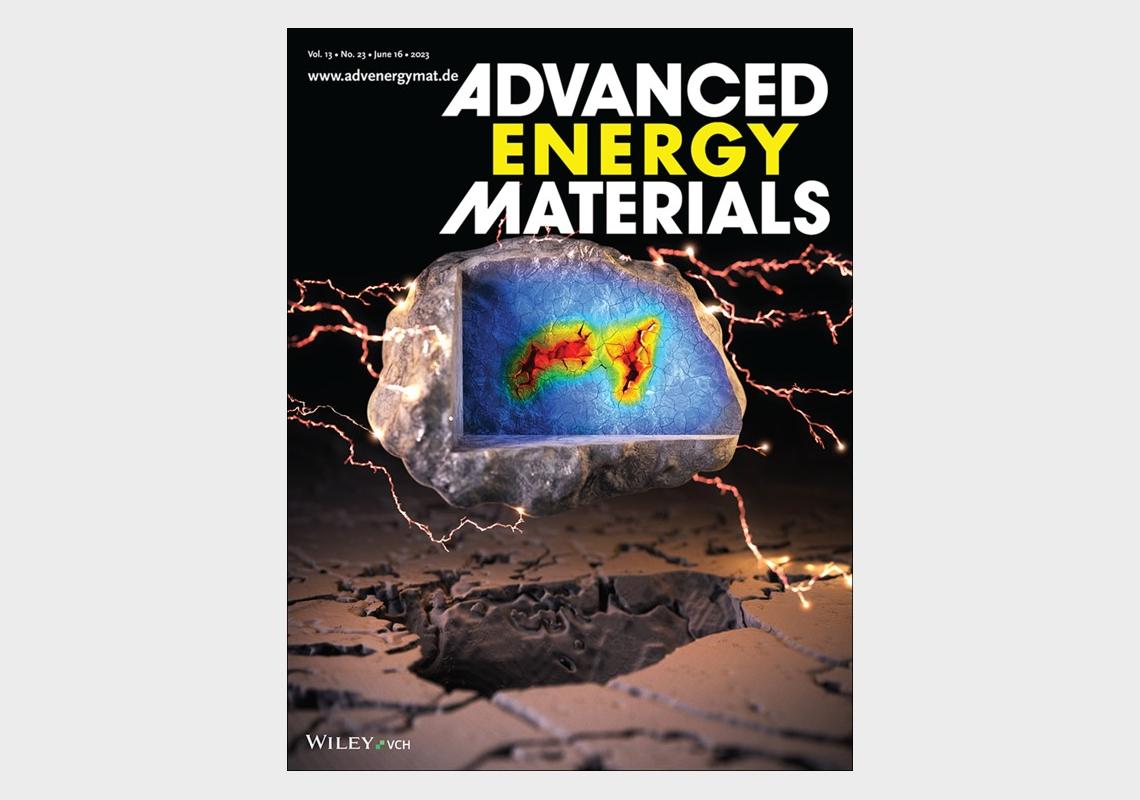A joint research team, led by Professor Lee Yongmin of the Energy Engineering Department at the DGIST (President Kuk Yang) and Professor Kim Sungsoo of Chungnam National University (President Lee Jin-sook), announces on Tuesday, June 27th, a significant advancement in battery technology with the development of a novel battery electrode degradation diagnosis technology. This pioneering approach combines a particle-level multiphysics model of high-nickel active materials with cutting-edge digital twin technology. The breakthrough innovation aims to identify the root causes of performance degradation within battery particles and offers optimal particle designs through a meticulous analysis of their electrochemical and mechanical properties.
Lithium-ion batteries have become indispensable in everyday devices, including in smartphones and electric vehicles. However, persistent challenges such as fire safety and degradation phenomena pose limitations on their lifespan and efficiency.
To tackle these challenges, the esteemed research team led by Professor Lee Yongmin and Professor Kim Sungsoo set their sights on optimizing battery design by delving into battery performance analysis and anticipating changes. Their pioneering work led to the development of a sophisticated model utilizing “digital twin technology.” This groundbreaking model accurately diagnoses the internal structure by replicating the intricate particle arrangement found in actual batteries within a virtual environment.
The team’s remarkable model excels at isolating and scrutinizing the numerous micrometer-sized particles present in the electrode, effectively eliminating external factors that impact battery performance. Consequently, it becomes possible to discern the unique characteristics of the active materials responsible for generating electrical energy, enabling highly precise measurements. The research team expects that these findings will pave the way for suggesting optimal particle designs.
In addition, to ensure precise electrochemical and mechanical prediction results, the research team collaborated with Chungnam National University and Tokyo Metropolitan University to conduct “single-particle measurement” experiments. These experiments enabled the accurate measurement of electrochemical properties. Further, the team demonstrated the mechanical properties of single particles using the cutting-edge “Nano Indenter” technology of the Korea Electronics Technology Institute.
Prof. Lee emphasized the significance of the developed digital twin technology, stating, “Through this research, we have achieved structures in digital twins that closely resemble real particles and accurately predict volume changes during battery operation. This technology not only enables the diagnosis of electrode particle degradation but also offers opportunities for optimizing designs to overcome such challenges.”
Dr. Song Ji-Hoon and Dr. Kim Kyung-Keun from DGIST’s Energy Engineering Research Institute, along with Dr. Lim Sung-Hyun from Chungnam National University, have been recognized as co-first authors in the groundbreaking research. This collaborative study involved esteemed partners from Tokyo Metropolitan University, including Professors Kiyoshi Kanamura and Hirokazu Munakata, as well as Professor Kim Sung-Soo from Chungnam National University and Dr. Lee Je-Nam from KET. The research findings have been acknowledged with the prestigious honor of being selected as the cover paper for the renowned international journal Advanced Energy Materials published on June 16 (Friday).
Correspondence Author Email Address : [email protected]



